Press Release – for immediate distribution
Montréal, April 4, 2023 – On March 30, the National Farm Animal Care Council (NFACC) published its new Code of Practice which proposes guidelines for the treatment of dairy cows in Canada. While they reflect current industry practices, compliance with these guidelines in Quebec remains strictly voluntary as they have no legal value in the province.
The Montreal SPCA welcomes the fact that the new Code of Practice recognizes the need for the socialization of dairy cows and calves as well as the growing importance of these issues in public opinion. However, it remains a concern that the main problematic practices in terms of the welfare of dairy cows are still allowed under the Code of Practice, despite scientific advances that call for their re-evaluation.
First, the Code of Practice does not require cows to have outdoor access. And tie stalls, a housing system in which cows are kept indoors, tethered by the neck – are still allowed. This practice, which prevents them from moving or even turning around, is used on nearly 90% of Quebec cows. A new requirement effective in 2027 specifies that cows must be provided “sufficient regular opportunity for freedom of movement”. However, this requirement is so vaguely worded that its application is difficult to verify and it could thus continue to allow tethering on a quasi-permanent basis.
Second, the Code of Practice notes the scientific evidence that emphasizes the importance of keeping dairy calves in groups or pairs rather than in complete isolation when separated from their mothers. However, the eight-year time frame (2031) given to the industry to implement this practice is unreasonable, especially since the grain-fed calf sector was able to implement similar changes in the significantly shorter time frame of three years.
In addition, the Code of Practice will continue to allow cows who are still producing milk to be sent to slaughter, which can be particularly painful for them during long transports. Secondly, there is no indicated requirement for a contingency plan in the event of a natural disaster or barn fire to ensure the survival and welfare of the animals. Finally, the new Code of Practice does not address the critical issue of separation of cow and calf, a practice that is central to dairy production and is being revisited in some international best practices.
A record number of citizens provided feedback to NFACC during the public consultation prior to the release of this Code. In response to this unprecedented response, the Code of Practice recognizes the public’s concerns about the freedom of movement and social interaction of cows. However, it is unfortunate that this recognition of key welfare issues for dairy cows does not translate into specific and detailed requirements and guidelines that could have significantly
-30-
Source : Montreal SPCA
Montreal SPCA public relations officer : Jeanne Beauchamp, public relations account manager, tök communications, 514-535-0326 | ext. 201, jeanne@tokcommunications.ca
photo credit : We Animals Media
About the Montreal SPCA
Founded in Montréal in 1869, the Society for the Prevention of Cruelty to Animals (now better known as the Montreal SPCA) was the first animal-welfare organization in Canada. The SPCA has come a long way since its beginnings and is today the largest animal-protection organization in Québec, speaking on behalf of animals wherever there is ignorance, cruelty, exploitation or neglect.







